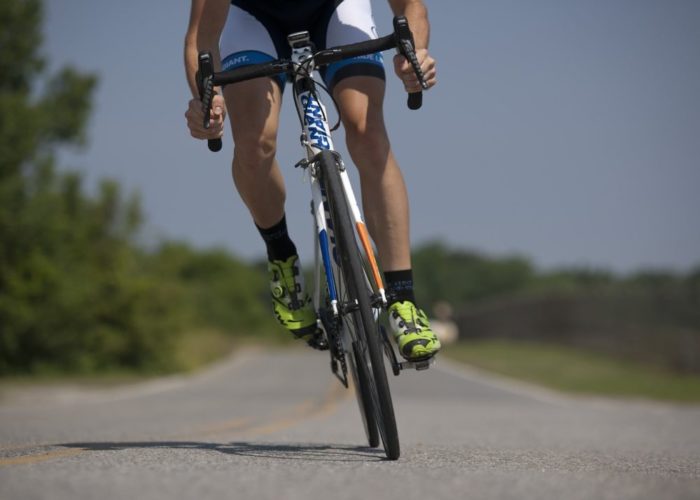If you’ve had the considerable bravery required to sign yourself up for a long-distance endurance challenge, like one of the many charity challenges abroad now available, then congratulations – you’ll almost certainly improve yourself while making the effort, and you’ll likely raise money for a worthy cause in the process, too.

But simply signing oneself up for such an event is just the beginning. You’ll need to prepare extensively for the big day itself. Let’s take a look at some of the ways in which you might do this effectively – and thereby ensure that the trip goes off without a hitch.
Structure training
Naturally, you’ll need to do some training. As with many things in life, the best way to do this is in a structured way. Have an idea of where you are, and where you need to be. Then form an idea of the rate at which you’ll need to improve yourself every week.
It’s vital that you focus on incremental, immediate changes while keeping an eye on the long-term picture. Psychologically, it’s much easier to think about shaving a few seconds off a lap-time, or adding a few miles to a weekly cycle, than it is to contemplate the entire scope of the required improvement.
Vary your training
Now, training on a bicycle can easily be a very tedious experience. For this reason, it’s important to mix things up a little bit. Go for a long-distance cycle. Do some interval training. Do some hill training. Cycle outdoors. Cycle in the gym. You might even do some cross-training – a long hike might be a great way of improving your general fitness, and weight-training might be a great way of boosting the strength of isolated muscle groups.
There are a two main reasons why one might do this. The first is perhaps the most obvious: it’s more fun. If your mind is constantly having to refocus itself on the next challenge, then boredom will become an impossibility. And if you’re having more fun, you’ll be more inclined to stick with an exercise regime.
The second is more physical. If your body is constantly having to readjust itself to new stimulus, then it’ll be under more stress. This means that your gains will be more substantial. Also, if this stress is varied, then injury will be less likely – since all of those tiny supporting muscles will be getting exactly the stimulation they need to grow strong.
Train with a partner
If you’ve reached the point where you’d rather not go for your training session – where, in fact, you’d rather do anything but go for your training session – then you might need someone to give you that final push to get onto your bike. This is where a training partner can be handy – they’ll either pester you into getting on your bike, or provide you an incentive in the form of competition. If you’re looking at team charity events, this is all the more so.
If you’ve got a goal to work towards, then this can be a powerful motivator. If you’re competing against someone to reach that goal first, then this is all the more so. Ideally, you should try to find a partner who’s roughly at your physical level. If they race ahead of you, then you’ll become disheartened; if they fall behind, you might become lazy. Find a balance between the two, and you’ll be constantly pushing yourself.
Nutrition
Of course, training is just half the battle – you’ll need to also eat the right things if you’re to get to your peak physical condition. This is where the old adages prove useful – eat a healthy diet that’s varied and rich in protein. If you’re training frequently, then you might find that you’re constantly hungry. This is where it’s useful to have healthy snacks, like mixed nuts, handy instead of sugary sweets – the latter will do little to satiate your appetite. If you’re going on a long endurance cycle at the weekend, then be sure to pack a healthy, substantial lunch – cold chicken pasta is often a winner.
Nutrition supplements, like protein powder, can help you to cram more of the stuff you need into your diet. But be aware that supplements are intended to be supplementary, and not a replacement for food – a protein shake every now and then is great, but it won’t do the work that a balanced diet can do for you.
Unless you have a considerable reserve of willpower, then you’ll find that pursuing a relentlessly healthy diet is mentally taxing. That’s why it’s important to treat yourself every so often – make a point of having a weekly ‘cheat’ meal or two, perhaps when you’ve come back from a long ride. That way, if your legs begin to ache, you can always get them going again with the thought of the enormous pepperoni pizza that you’re going to pick up on the way home.

